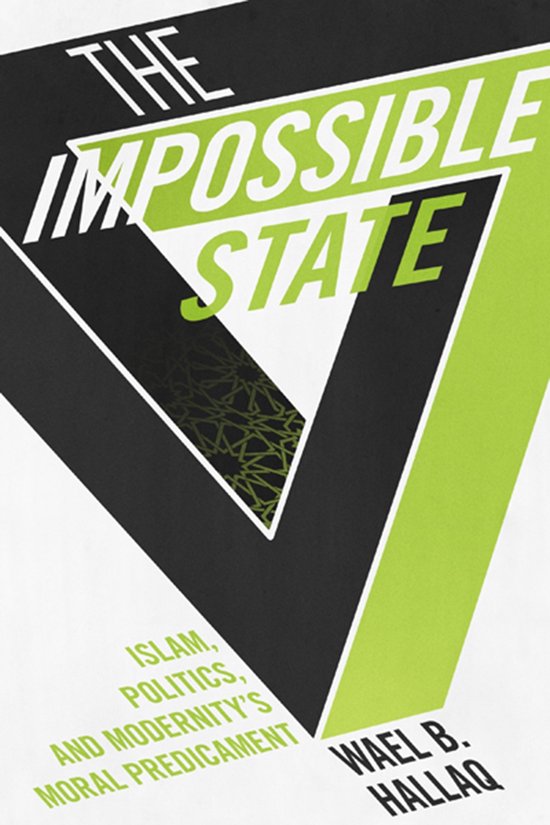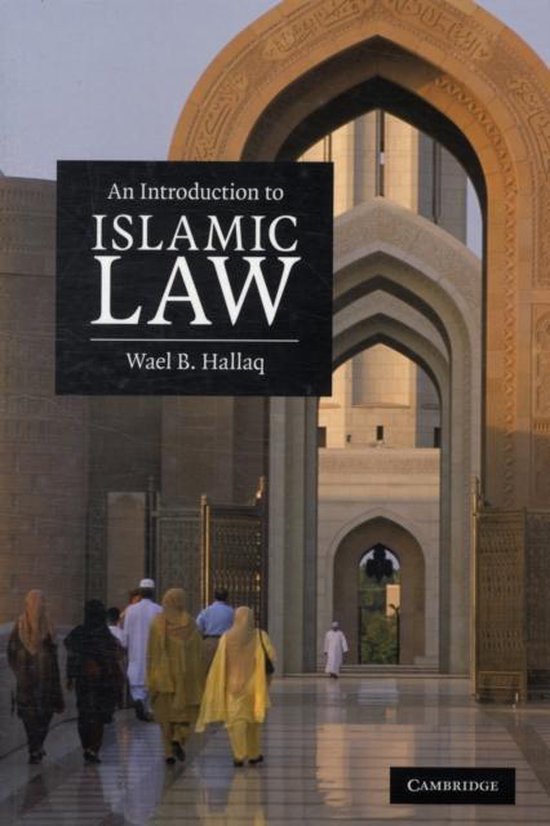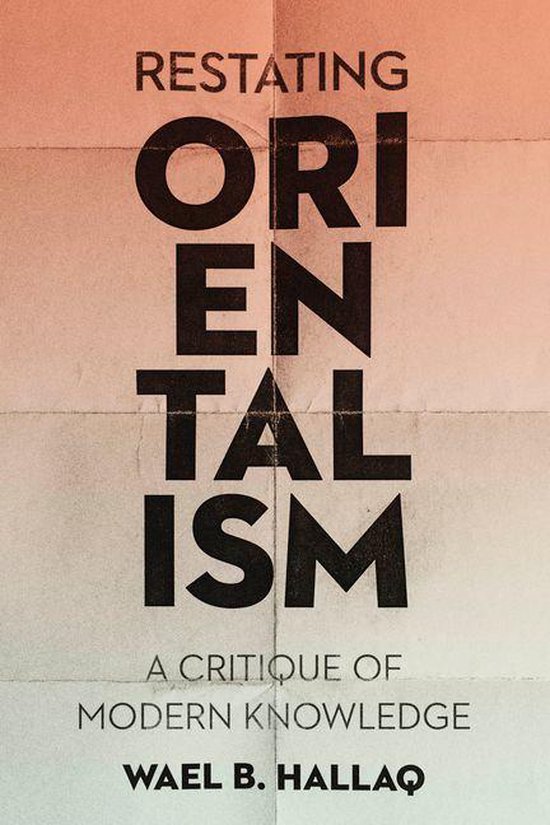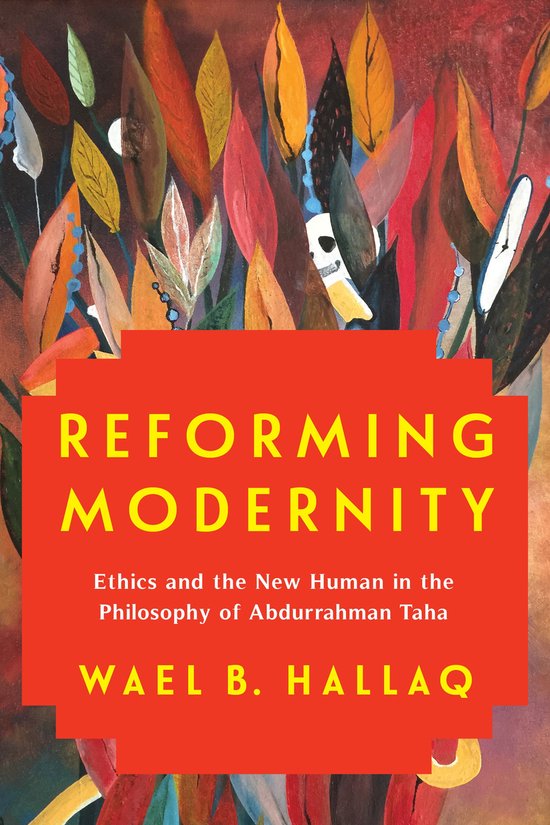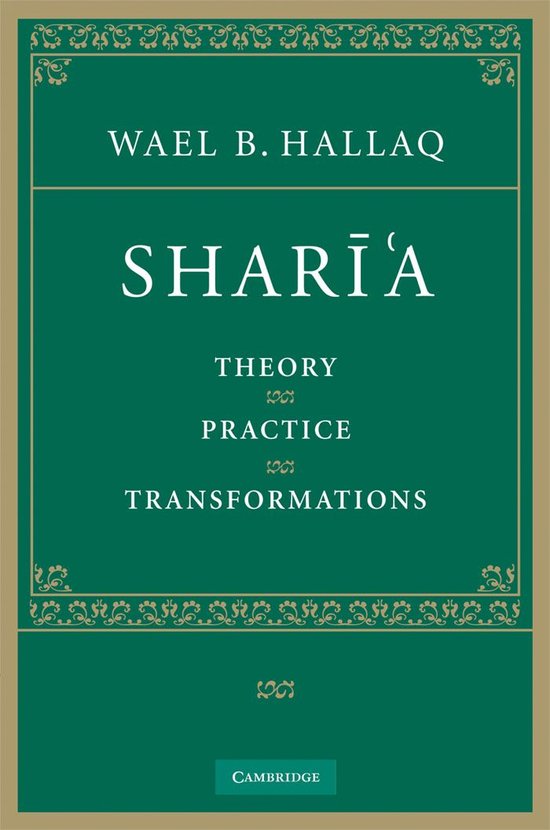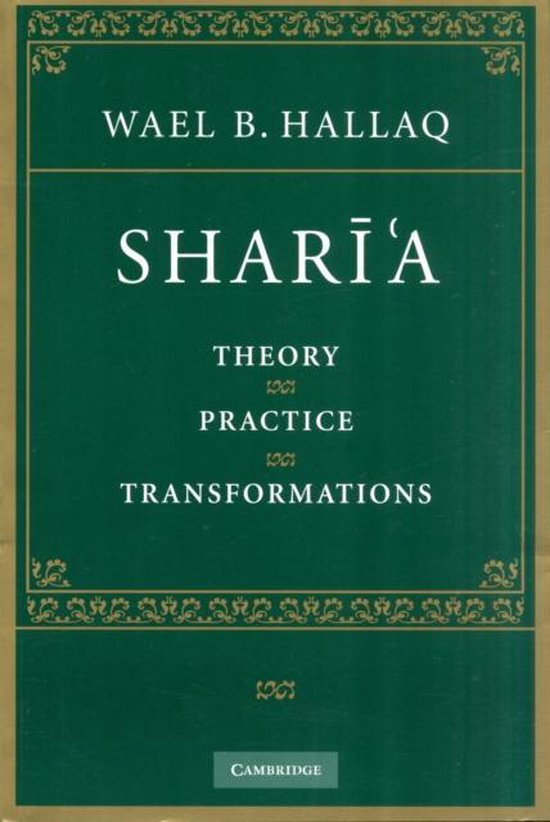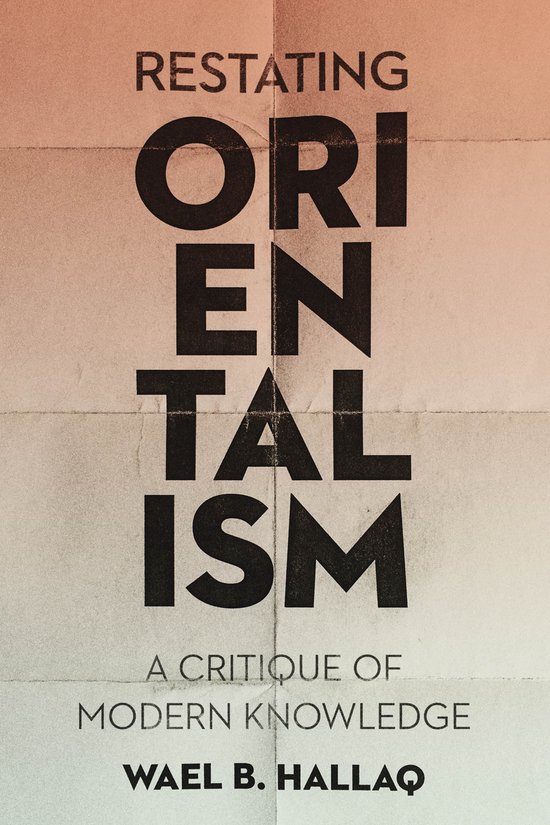
Restating Orientalism – A Critique of Modern Knowledge
Wael B. Hallaq takes critique of Orientalism as a point of departure for rethinking the modern project. A remarkably ambitious attempt to overturn the foundations of a wide range of academic disciplines, Restating Orientalism exposes the depth of academia’s lethal complicity in modern forms of capitalism, colonialism, and hegemonic power.
Since Edward Said’s foundational work, Orientalism has been singled out for critique as the quintessential example of Western intellectuals’ collaboration with oppression. Controversies over the imbrications of knowledge and power and the complicity of Orientalism in the larger project of colonialism have been waged among generations of scholars. But has Orientalism come to stand in for all of the sins of European modernity, at the cost of neglecting the complicity of the rest of the academic disciplines?
In this landmark theoretical investigation, Wael B. Hallaq reevaluates and deepens the critique of Orientalism in order to deploy it for rethinking the foundations of the modern project. Refusing to isolate or scapegoat Orientalism, Restating Orientalism extends the critique to other fields, from law, philosophy, and scientific inquiry to core ideas of academic thought such as sovereignty and the self. Hallaq traces their involvement in colonialism, mass annihilation, and systematic destruction of the natural world, interrogating and historicizing the set of causes that permitted modernity to wed knowledge to power. Restating Orientalism offers a bold rethinking of the theory of the author, the concept of sovereignty, and the place of the secular Western self in the modern project, reopening the problem of power and knowledge to an ethical critique and ultimately theorizing an exit from modernity’s predicaments. A remarkably ambitious attempt to overturn the foundations of a wide range of academic disciplines while also drawing on the best they have to offer, Restating Orientalism exposes the depth of academia’s lethal complicity in modern forms of capitalism, colonialism, and hegemonic power.
Since Edward Said’s foundational work, Orientalism has been singled out for critique as the quintessential example of Western intellectuals’ collaboration with oppression. Controversies over the imbrications of knowledge and power and the complicity of Orientalism in the larger project of colonialism have been waged among generations of scholars. But has Orientalism come to stand in for all of the sins of European modernity, at the cost of neglecting the complicity of the rest of the academic disciplines?
In this landmark theoretical investigation, Wael B. Hallaq reevaluates and deepens the critique of Orientalism in order to deploy it for rethinking the foundations of the modern project. Refusing to isolate or scapegoat Orientalism, Restating Orientalism extends the critique to other fields, from law, philosophy, and scientific inquiry to core ideas of academic thought such as sovereignty and the self. Hallaq traces their involvement in colonialism, mass annihilation, and systematic destruction of the natural world, interrogating and historicizing the set of causes that permitted modernity to wed knowledge to power. Restating Orientalism offers a bold rethinking of the theory of the author, the concept of sovereignty, and the place of the secular Western self in the modern project, reopening the problem of power and knowledge to an ethical critique and ultimately theorizing an exit from modernity’s predicaments. A remarkably ambitious attempt to overturn the foundations of a wide range of academic disciplines while also drawing on the best they have to offer, Restating Orientalism exposes the depth of academia’s lethal complicity in modern forms of capitalism, colonialism, and hegemonic power.
| Auteur | | Wael Hallaq |
| Taal | | Engels |
| Type | | Hardcover |
| Categorie | | Mens & Maatschappij |
